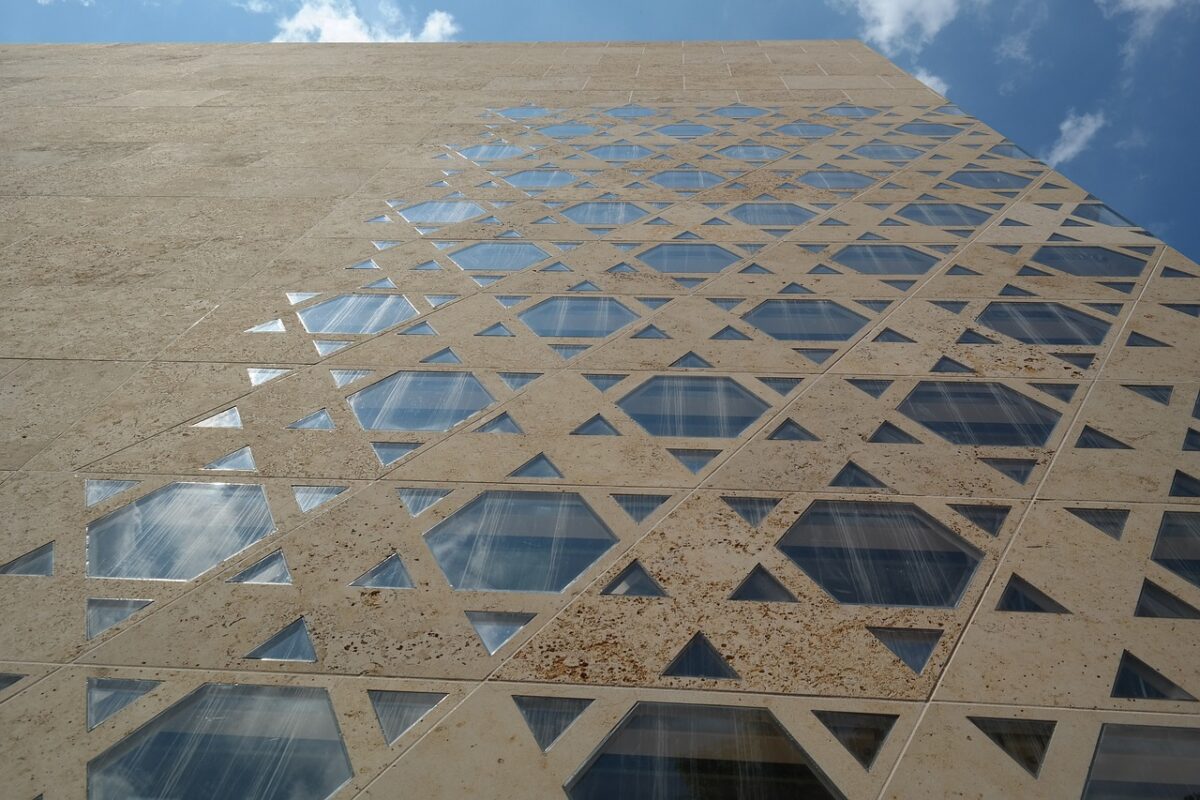Opinion
THE 501(C) SUITE
Crisis and opportunity

“The 501(C) Suite,” eJewishPhilanthropy’s new column, is where leading foundation executives share with the wider philanthropic field what they are thinking about and working on.
Never let a good crisis go to waste.
These words, or some version thereof, have been attributed to Machiavelli, Churchill and a range of contemporary politicians and thinkers. No matter who coined the phrase, though, the message is one that needs no attribution.
We can all recognize that crises open possibilities that would otherwise remain closed. At times of great difficulty and stress, normal conduct is no longer sufficient. We are challenged to think and act differently, and that difference can produce better results — sharper, clearer, more productive — that address not only the crisis at hand but fundamental problems as well.
The most acute and immediate crisis in the Diaspora relates to physical security. In Europe certainly, but also in the United States and across the globe, threats to Jewish institutions have increased dramatically. The synagogue I belong to in Berlin was attacked with Molotov cocktails shortly before morning services on Oct. 18. Even after more than two decades of living in Europe, and long accustomed to security guards, concrete barriers and police cars positioned outside synagogues, schools and community centers, I was shaken. And who isn’t? The crisis is real and present.
How, then, should we avoid wasting it?
The clearest answer is to improve physical security. In response to real threats to our safety, we offer greater allocations of philanthropic funding and communal resources. We exhibit less tolerance for inefficiencies and unprofessional delivery of services. After all, lives may well be at stake.
So, we respond with critical solutions to technical gaps and deficiencies. But we can also do so much more.
Imagine a different crisis entirely — a personal one. Suppose we have a friend who experiences a health scare. Our friend eats poorly, does not exercise and rarely checks in with a physician despite a family history of poor health. Then, suddenly, at a relatively young age, he suffers a minor heart attack. The experience is terrifying, and our friend decides that everything must change. He sets out to eat better, exercise more and visit a cardiologist. These are indeed significant changes, but they are only the technical changes, the ones apparent on the surface.
Deep below, shifts in perspective and commitment drive these technical changes. The heart attack causes our friend to think more clearly about what is truly important to him — living long enough to enjoy his grandchildren, or eating as he pleases — and about his responsibility to himself, every day, to pursue his genuine priorities consequentially. Most probably none of this is new. Our friend always knew that the grandchildren are more important than more cake or schmaltz herring; but it took a crisis to remind him, get him to focus, and to behave responsibly.
When we think of our collective Jewish life today, much of it is not entirely healthy. We often tolerate inefficiencies — duplication of services, siloed programs and institutional egos to name a few. This tolerance even extends to the field of physical security.

I am privileged to work with many European Jewish “Communities”: standard on the continent, these entities are the contemporary iteration of the classical kehila, an all encompassing membership structure intended to house all Jewish life and meet all Jewish needs. Typically, the Community operates synagogues, employs rabbis, manages schools and kindergartens, provides social services, offers cultural programming and owns historic properties and heritage sites, with varying degrees of competence and success.
The Community is also the voice of Jews in a given city towards society at large. As such, they advocate for political support, and even funding, for security needs, and attempt to provide physical security as effectively as possible.
These Communities usually employ professional security managers to oversee guards and the management of physical security, and to liaise with local law enforcement. In many cities, the Community does not share security management or responsibility with other, smaller independent Jewish institutions. In return, the smaller programs do not invest in security at all, claiming it is not necessary and thus undermining the larger community’s demands for support from local law enforcement and politicians.
But this has begun to change after Oct. 7. The crisis is acute and immediate enough to grab our attention and jolt us out of our less than healthy behavior. We begin to allocate resources for physical security to communities and programs that we do not otherwise support or fund, because all Jewish lives are important. We cooperate with competing institutions to professionalize citywide security management, because no Jew should be protected less than any other.
These are clear wins that reflect quickly in concrete improvements: more security doors, better trained volunteers, more professional security management. We should recognize, however, that underpinning these concrete improvements are potential, long-lasting wins that are far broader than any one issue, even one as important as physical security. If by confronting the challenge of the post-Oct. 7 crisis of physical security we can learn to reduce duplication, increase efficiency, cooperate wherever possible and assume responsibility for all Jews, irrespective of their affiliation, in all we do — education, outreach, social work and welfare — we would vastly improve our collective Jewish life.
It should not need a crisis to get us there, but if there is one, we should not waste it.
Joshua Spinner is executive vice president and CEO of the Ronald S. Lauder Foundation.












